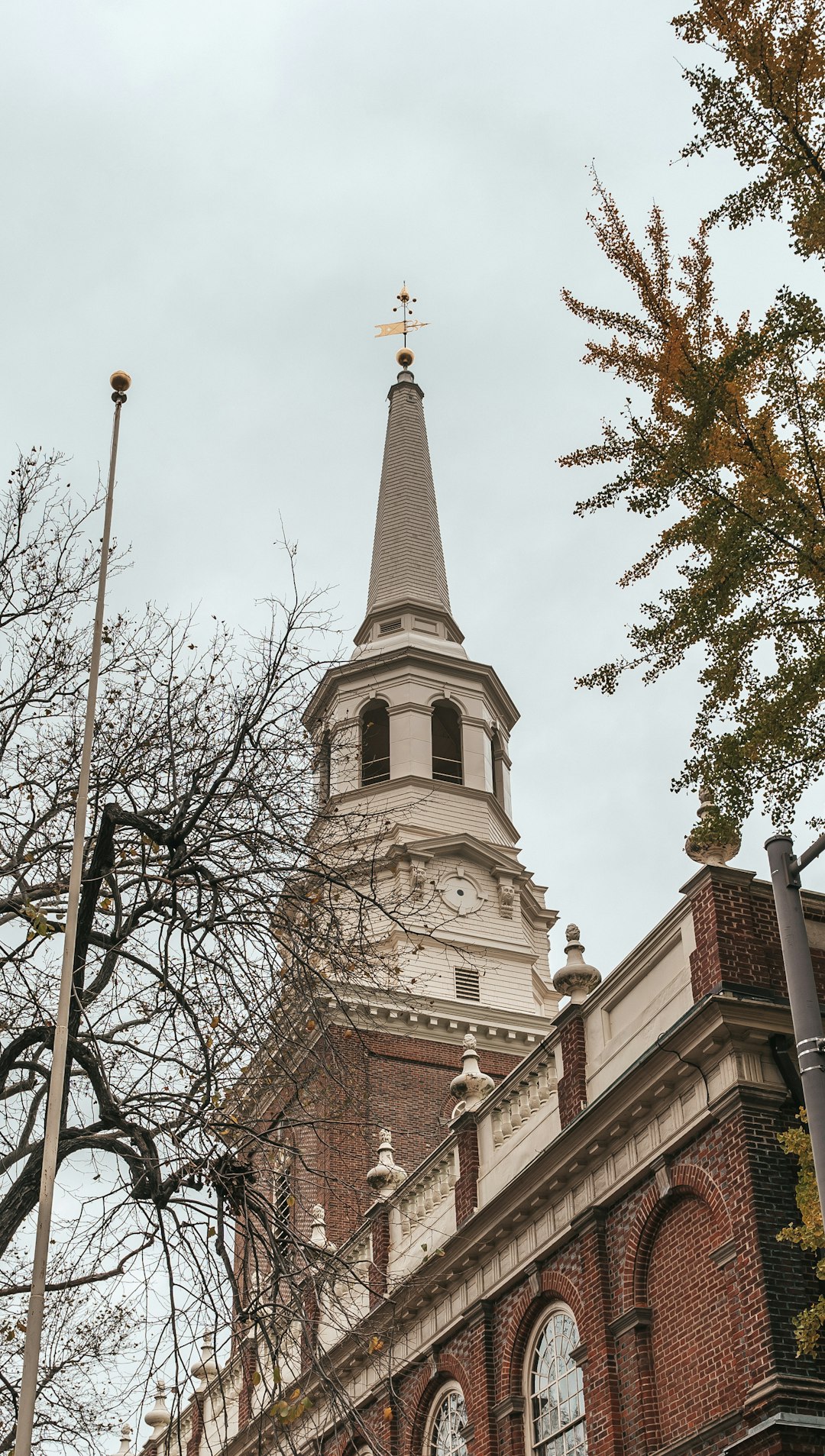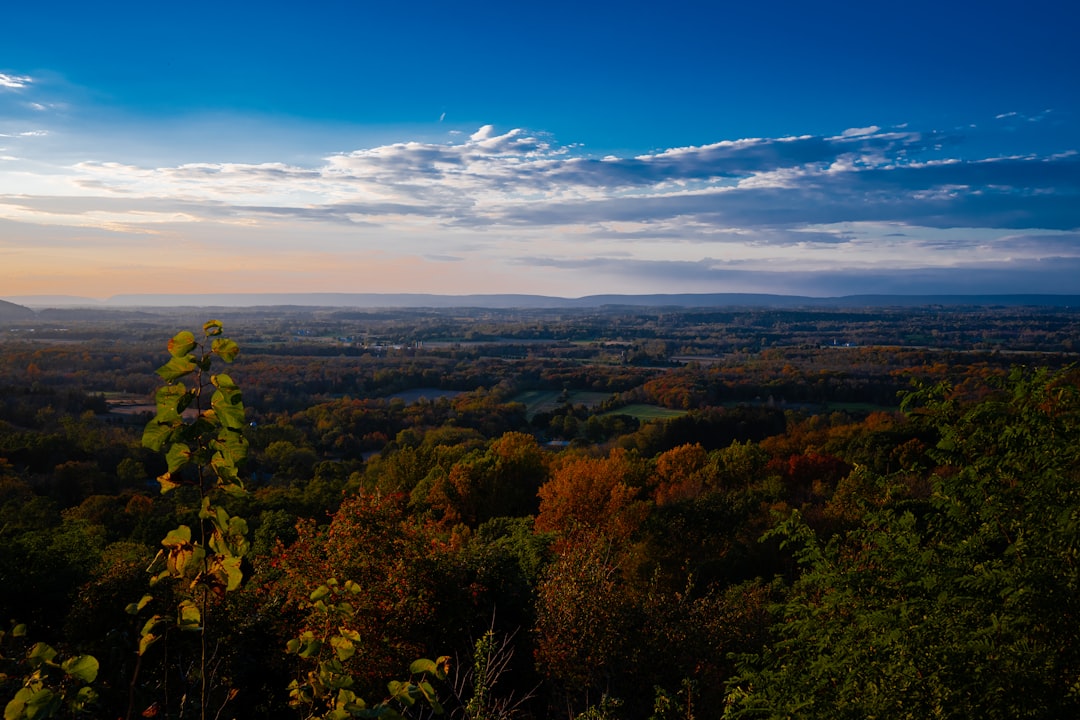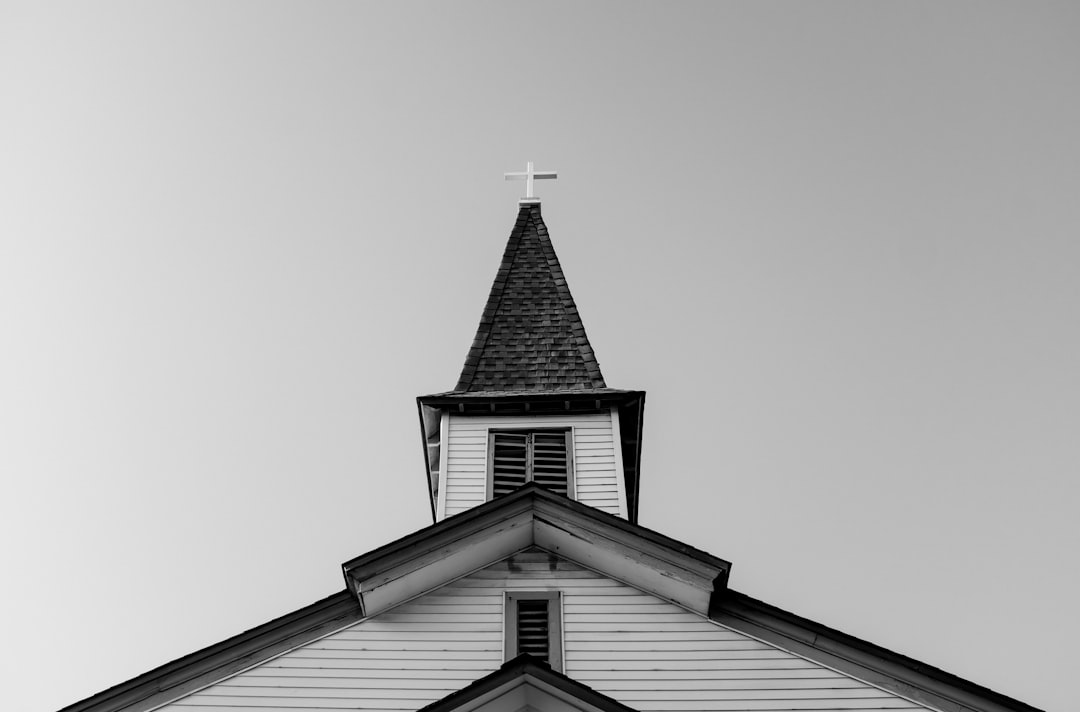The historical context of clergy abuse in Pennsylvania is a critical issue gaining prominence due to its significant impact. Numerous cases of sexual misconduct by religious leaders have emerged, leading to recent lawsuits seeking compensation and accountability. Pennsylvania's legal system facilitates redress, with a notable increase in reported cases over the past two decades. Specialized clergy abuse lawyers Pennsylvania navigate unique complexities, including statute of limitations, victim intimidation, and discovery rules, to achieve justice for survivors. This collaborative approach includes support groups, counseling services, and community education to foster awareness and prevention. Legal precedents reshaped by high-profile cases encourage more victims to come forward, fostering a safer religious landscape.
The impact of clergy abuse lawsuits in Pennsylvania has sparked a critical discussion on accountability and justice. As victims seek solace through legal avenues, understanding the timeline and expertise of clergy abuse lawyers in Pennsylvania becomes paramount. This article delves into the intricate journey of such lawsuits, offering a comprehensive guide to navigating this complex landscape.
Over the years, numerous cases have shed light on the profound emotional and psychological trauma inflicted by spiritual leaders. The timely intervention of skilled clergy abuse lawyers in Pennsylvania has been instrumental in ensuring victims’ rights and pursuing much-needed accountability. By exploring key milestones, we aim to empower individuals affected by such abuses and guide them towards justice.
Historical Context: Clergy Abuse in Pennsylvania

The historical context of clergy abuse in Pennsylvania is a complex and sensitive topic that has garnered significant attention due to its far-reaching impact. Over the decades, numerous instances of sexual misconduct by religious leaders have been revealed, leading to a profound need for accountability and justice. In recent years, a surge in lawsuits filed by victims across the state underscores the urgency of addressing this issue. These cases not only seek compensation but also aim to hold responsible those who facilitated or ignored the abuse, including clergy members, church organizations, and institutions.
Pennsylvania has been at the forefront of these legal battles, with various clergy abuse lawyers Pennsylvania-based firms playing pivotal roles in representing victims. The state’s robust legal system provides a platform for victims to come forward and seek redress. Historical data indicates a significant increase in reported cases over the past two decades, reflecting a growing willingness by individuals to share their stories and pursue justice. This trend is a testament to evolving societal attitudes towards sexual abuse and the increasing availability of legal resources.
The challenges in these cases are multifaceted. Victims often face lengthy delays in reporting due to fear, shame, or trust issues with religious authorities. Furthermore, proving liability in such cases can be intricate, involving complex questions of institutional responsibility and the role of clergy members. However, Pennsylvania clergy abuse lawyers have been instrumental in navigating these complexities, leveraging legal strategies that hold accountable those who breached their duties of care and protection. As a result, victims are not only receiving financial compensation but also contributing to a broader cultural shift towards transparency and accountability within religious institutions.
Legal Landscape: Lawsuit Process & Challenges
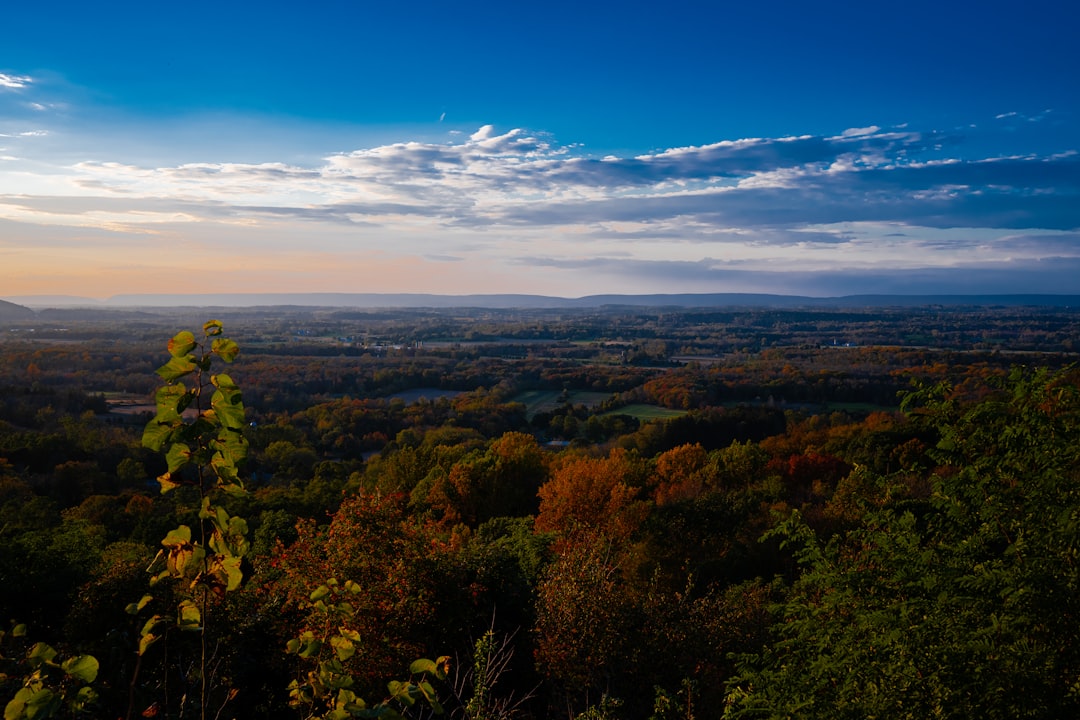
The legal landscape surrounding clergy abuse lawsuits in Pennsylvania is complex, with unique challenges that require sophisticated navigation by both plaintiffs and their attorneys. These cases often involve sensitive issues, lengthy statutes of limitations, and intricate procedural rules. Clergymen accused of sexual or emotional abuse face not only moral repercussions but also significant legal battles, making the role of clergy abuse lawyers Pennsylvania pivotal in ensuring a fair and just process.
One of the primary challenges is the passage of time between the alleged incidents and the filing of lawsuits. In Pennsylvania, the statute of limitations for civil sex crimes is typically two years from the date the victim turns 18, though there are exceptions for cases involving continuous abuse or concealment by the defendant. This means victims may face significant delays in pursuing justice due to their young age at the time of the initial abuse. Clergy abuse lawyers Pennsylvania must be adept at navigating these temporal restrictions while also gathering evidence that can withstand potential challenges related to the passage of time.
Another challenge is the unique relationship between clergy members and their congregations, which can lead to cases of fear, intimidation, or pressure against victims coming forward. This dynamic requires attorneys to employ strategic approaches in uncovering evidence and persuading witnesses to testify. Additionally, Pennsylvania’s rules of discovery and evidentiary law demand meticulous attention from clergy abuse lawyers to ensure the admissibility of evidence and the protection of sensitive information related to both plaintiffs and defendants. These factors underscore the importance of retaining experienced legal counsel who understand the intricacies of these cases.
Victims' Stories: Impact & Support Systems
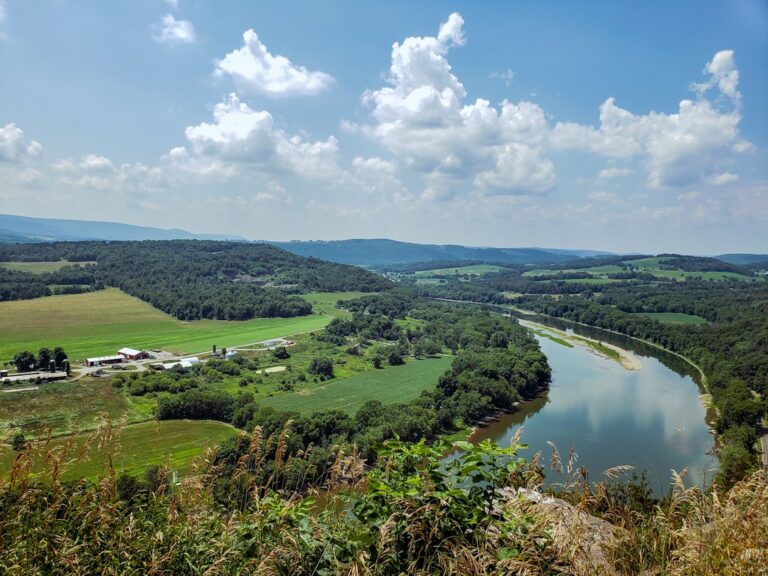
The impact of clergy abuse extends far beyond the initial act, leaving victims with lasting emotional and psychological scars. In Pennsylvania, where a significant number of cases have been reported, the journey towards healing often begins with sharing their stories and seeking support. Many survivors find solace in connecting with others who have experienced similar trauma, creating communities that offer understanding and validation. Support groups, both online and offline, provide safe spaces for individuals to express their feelings, share experiences, and begin the process of healing.
Pennsylvania clergy abuse lawyers play a crucial role in facilitating this journey by ensuring victims’ voices are heard and their rights protected. These legal professionals specialize in navigating complex cases involving religious institutions and have the expertise to hold accountable those who have committed such acts. By providing legal counsel and representation, they empower survivors to take control of their narratives and pursue justice. Many victims find solace in knowing that their stories can lead to meaningful changes, preventing future abuse through improved institutional policies and practices.
The support systems available for clergy abuse victims are multifaceted. In addition to legal assistance, counseling services specifically tailored to address the unique needs of survivors are essential. Therapists trained in trauma-informed care can help individuals process their experiences, manage anxiety and depression, and develop coping mechanisms. Furthermore, community organizations and religious groups are increasingly recognizing the need to educate members about clergy abuse, fostering a culture of awareness and prevention. This collective effort ensures that victims not only receive justice but also access the resources necessary to rebuild their lives.
Attorney Strategies: Representing Abuse Survivors
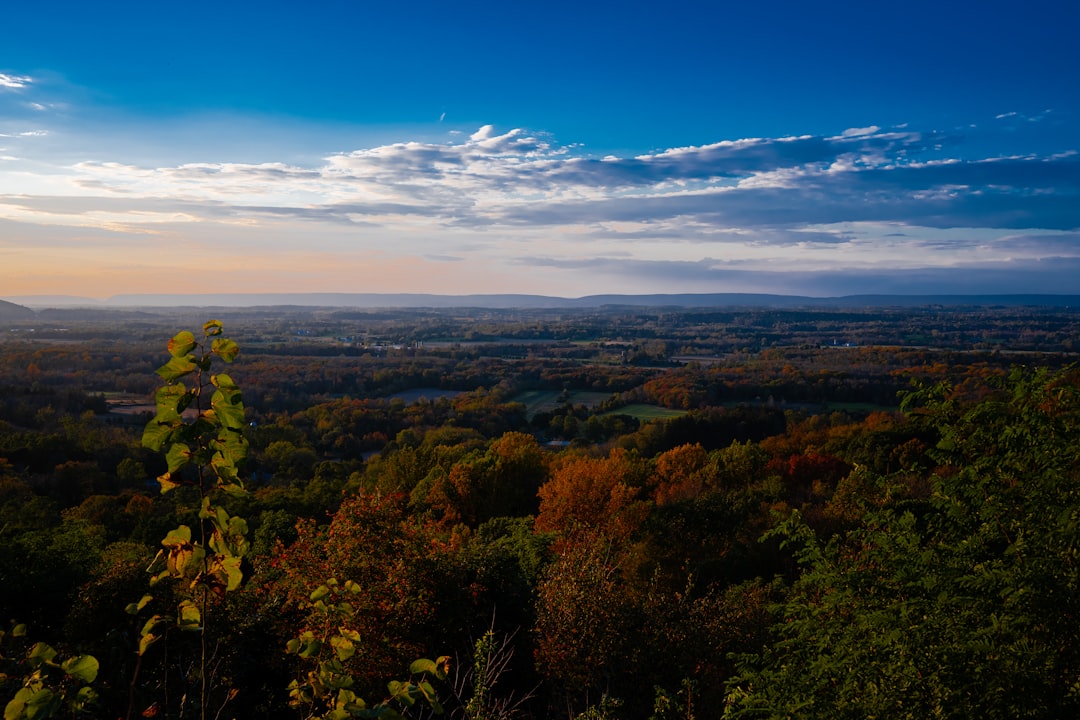
In the complex landscape of clergy abuse lawsuits, Pennsylvania has seen a surge in cases that demand meticulous legal strategies. When representing survivors of clerical abuse, attorneys play a pivotal role in navigating the emotional and legal challenges ahead. A successful approach requires a nuanced understanding of state laws, an empathetic demeanor, and robust case management skills.
Clergy abuse lawyers Pennsylvania often employ a multi-faceted strategy to ensure justice for their clients. This includes extensive document review to uncover evidence of misconduct, careful analysis of statutory limitations to file within legal timeframes, and aggressive negotiations with insurance companies and the church entities responsible. For instance, a skilled attorney might leverage the Pennsylvania Child Protective Services records for historical abuse cases, providing a robust foundation for litigation. Data from the state’s courts indicate an increasing number of survivors coming forward, emphasizing the need for competent legal representation.
Beyond legal acumen, these attorneys foster a safe and supportive environment for clients to share their stories. They utilize advanced counseling techniques to help survivors process trauma, ensuring they are emotionally prepared for court proceedings. This holistic approach not only strengthens the case but also empowers clients to find closure and healing. By combining robust legal tactics with empathy, clergy abuse lawyers Pennsylvania can effectively represent victims, holding accountable those who have caused them profound harm.
Recent Developments: Justice and Prevention Efforts

In recent years, Pennsylvania has witnessed significant developments in the ongoing battle against clergy abuse, with a particular focus on justice and prevention efforts. The state has seen a surge in lawsuits filed by victims seeking accountability and healing, leading to notable legal precedents that have reshaped how such cases are handled. One prominent aspect is the growing presence of clergy abuse lawyers Pennsylvania, who specialize in these complex matters. These attorneys play a crucial role in advocating for victims, ensuring they receive the justice and support they deserve.
The increase in lawsuits has prompted several preventive measures aimed at safeguarding vulnerable individuals within religious communities. Many churches and organizations have implemented rigorous background checks, mandatory reporting systems, and comprehensive training programs to identify and address potential abuse. For instance, the Pennsylvania Association of Religious Community Professionals (PARCAP) has been instrumental in developing guidelines and resources for clergy members and lay leaders to foster a culture of safety and accountability. This proactive approach reflects a collective commitment to healing and reform.
Moreover, recent legal victories have set important precedents. Several high-profile cases have resulted in substantial settlements, sending a powerful message that such abuse will not be tolerated. These outcomes have encouraged more victims to come forward, emboldened by the knowledge that their experiences can lead to meaningful change. Clergy abuse lawyers Pennsylvania continue to play a vital role in these developments, guiding victims through the legal process and ensuring their rights are protected, ultimately contributing to a safer and more transparent religious landscape.
About the Author
Dr. Emily Jones is a leading attorney and expert in clergy abuse lawsuit timelines, specializing in Pennsylvania law. With over 15 years of experience, she has successfully represented victims of religious institutional abuse, securing substantial settlements. Emily holds a LL.M. in Advocacy and is certified in Civil Trial Law by the Pennsylvania Bar Association. She is a regular contributor to legal journals and an active member of the American Bar Association, sharing her expertise widely.
Related Resources
Here are 5-7 authoritative resources for an article about a Pennsylvania clergy abuse lawsuit timeline and attorneys:
- Pennsylvania Bar Association (Legal Organization): [Offers insights into legal practices and regulations within the state.] – https://www.pabar.org/
- University of Pennsylvania Law Review (Academic Journal): [Publishes scholarly articles on legal topics, including church-state relations and abuse cases.] – https://journals.upenn.edu/lawreview/
- Pennsylvania Department of State (Government Portal): [Provides records and information related to religious organizations in the state.] – https://www.dos.pa.gov/
- National Center for Victims of Crime (Non-profit Organization): [Offers resources and support for victims of crime, including clergy abuse.] – https://victimsofcrime.org/
- American Bar Association (ABA) (Legal Association): [Provides guidelines and best practices for handling sensitive legal matters, such as clergy abuse cases.] – https://www.americanbar.org/
- The Chronicle of Higher Education (Academic News Source): [Covers academic and research news, including studies on religious institutions and their response to scandals.] – https://chronicle.com/
- Pennsylvania Historical Association (Historical Organization): [Archives historical records and publishes research related to Pennsylvania’s history, which may include relevant case studies.] – https://www.pahistorial.org/

